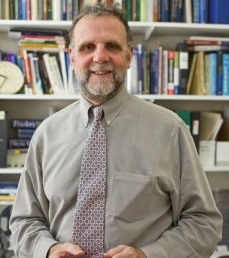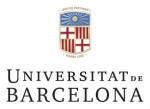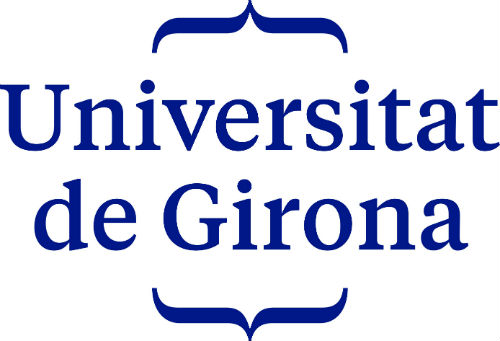Start
March 16, 2015 - 12:00
End
March 16, 2015 - 13:30
Address
Sala de recepcions, Facultat d'Economia i Empresa, Universitat de Barcelona, Barcelona View mapAbstract:
In a world where individuals interact in myriads of ways, one wonders how the benefits of one’s connections with others compare with those conferred by individual characteristics. It is particularly interesting to distinguish between connections that are the outcome of deliberate decisions by individuals and connections being given and beyond an individual’s control. Such a distinction matters macroeconomically as well, if individuals stand to benefit from social connections in ways that affect consumption and investment. Individuals may seek to form social links with others, as an objective in its own right, in order to enrich their social lives and avoid social isolation. Social links provide the conduit through benefits from interpersonal exchange can be realized. Social isolation excludes them.
The paper explores the full extent in which social connections may influence inequality in consumption, human capital investment and welfare across the population. It thus embeds inequality analysis in models of endogenous social networks formation. The novelty of the model lies in its joint treatment of human capital investment and social network formation.
The last few years have generated new research on social networks at a torrential rate, including books, such as Goyal (2007) and Jackson (2008), and hundreds of papers. While social networks research was booming within econophysics for more than twenty years, such research is increasingly spreading in virtually all economics fields, including notably experimental economics, too. Yet, As Jackson (2014), p. 14, points out study of endogenous network formation continues to be a challenge. The present paper aims at a particular objective for the study of endogenous social networks, namely understanding the consequences of endogenous social network formation for inequality. Such an emphasis has an intuitive appeal, that is, does social networking increase or decrease inequality, and how the process might be influenced. The paper extends into a fully dynamic model the work by Cabrales, Calvo-Armengol and Zenou and also allows for intergenerational wealth transfers.
Location: Sala de recepcions, Facultat d’Economia i Empresa, Universitat de Barcelona, Barcelona
Link for the Final Paper
MORE DETAIL
Website
http://sites.tufts.edu/yioannides/
Phone
Due to limited capacity, please confirm attendance by email or phone. Tel. 93 403 72 37













 English
English